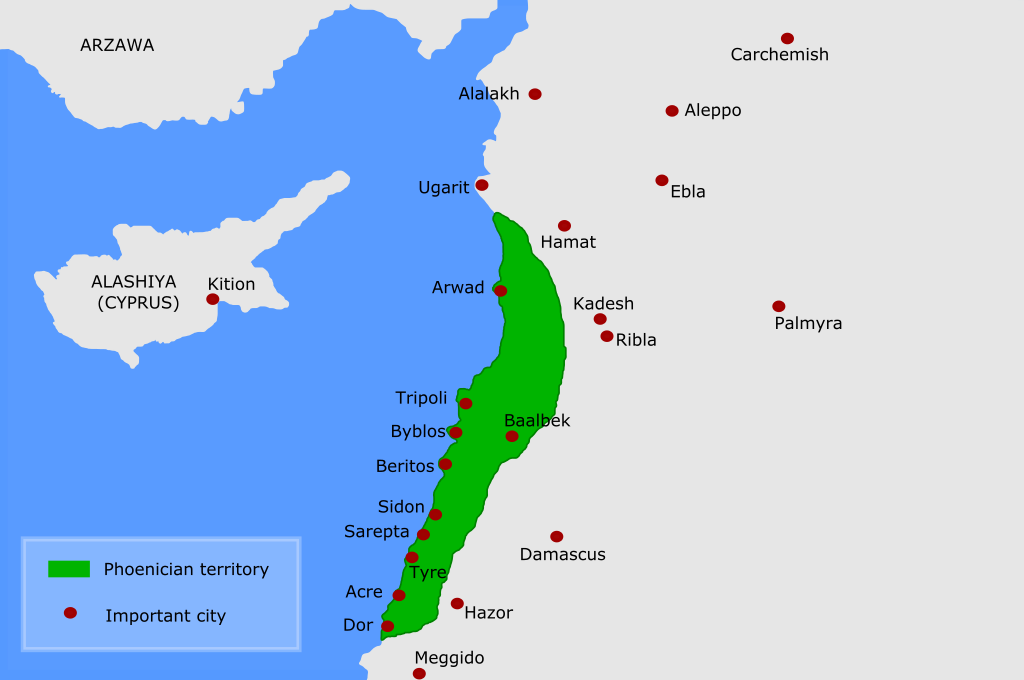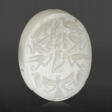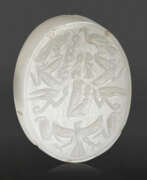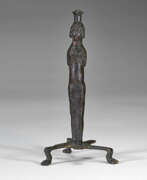Phoenicia

Phoenicia
Phoenicia, an ancient civilization, was renowned for its skilled merchants and sailors, flourishing along the Mediterranean coast, in the region that is today Lebanon, Syria, and parts of Israel. This society was characterized by its innovative seafaring capabilities, extensive trade networks, and the development of the Phoenician alphabet, which significantly influenced modern writing systems. The Phoenicians' expertise in navigation and commerce led them to establish colonies across the Mediterranean, including the famous city of Carthage.
The culture of Phoenicia was rich and diverse, with significant contributions to art and architecture. Their crafts, particularly in glassmaking and purple dye, were highly prized in antiquity. The purple dye, made from the murex shellfish, was especially valuable and became a symbol of royalty and wealth throughout the ancient world. Phoenician artisans were also known for their intricate metalwork, jewelry, and sculptures, examples of which are displayed in museums worldwide, showcasing their skill and aesthetic appeal.
Despite the absence of a unified nation-state, as the Phoenicians identified themselves by their city-states like Byblos, Sidon, and Tyre, their impact on history and culture is undeniable. Their legacy is preserved in the artifacts and writings that have survived, offering insight into their lives and societies. For art collectors and antiques experts, Phoenician artifacts represent a connection to the dawn of civilization and maritime exploration.
To stay informed about new discoveries, sales, and auction events related to Phoenician artifacts, we encourage you to sign up for updates. This subscription ensures you're always in the loop with the latest in the world of art and antiquities, specifically focusing on the rich heritage of Phoenicia.
| Country: | Asia, Israel, Lebanon, Syria |
|---|---|
| Start of the period: | 2500 BC |
| End of the period: | 300 BC |


